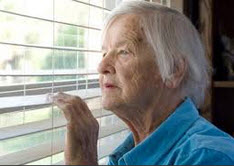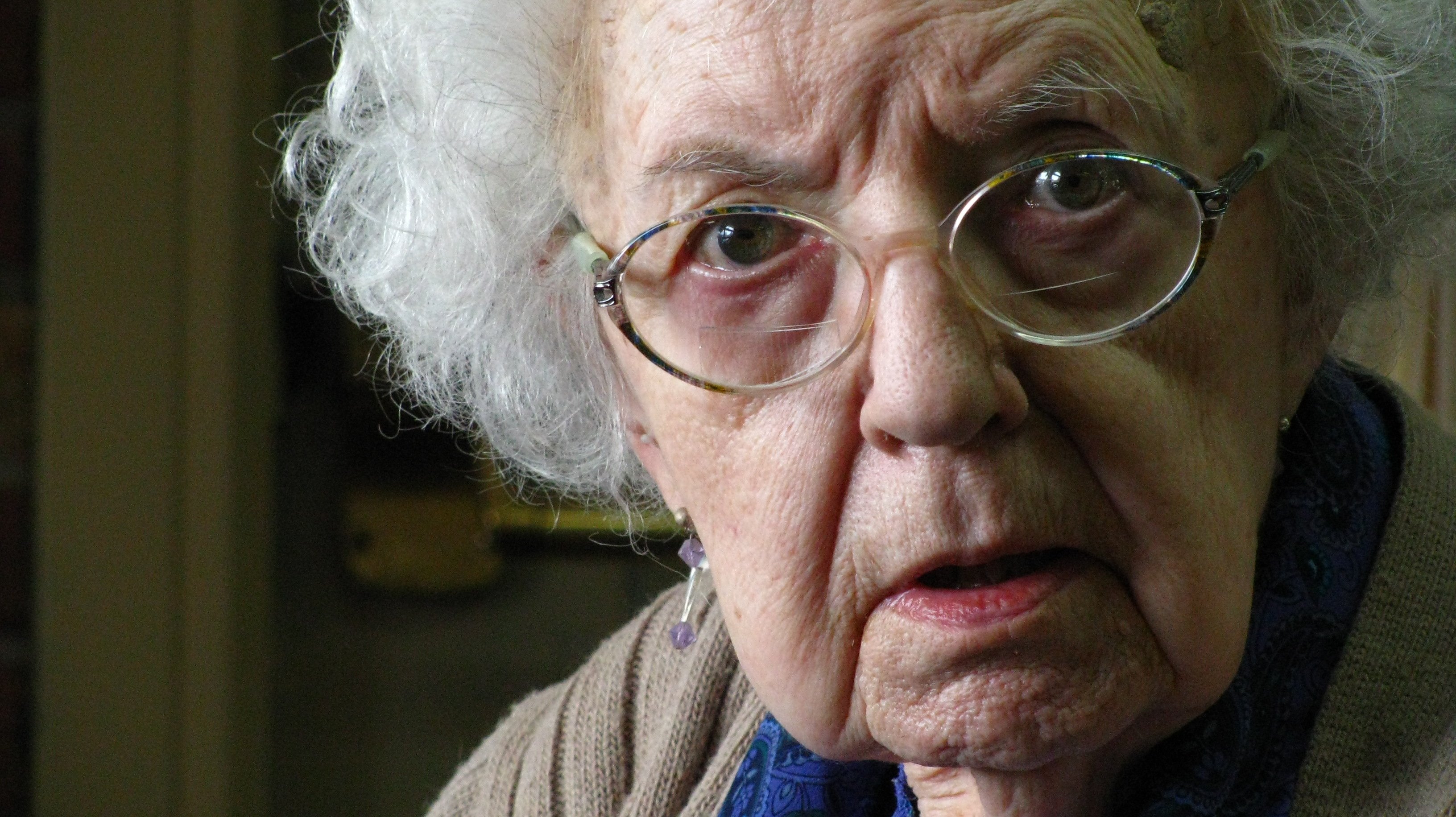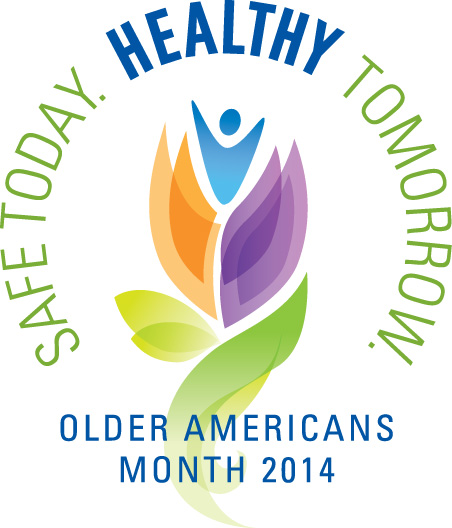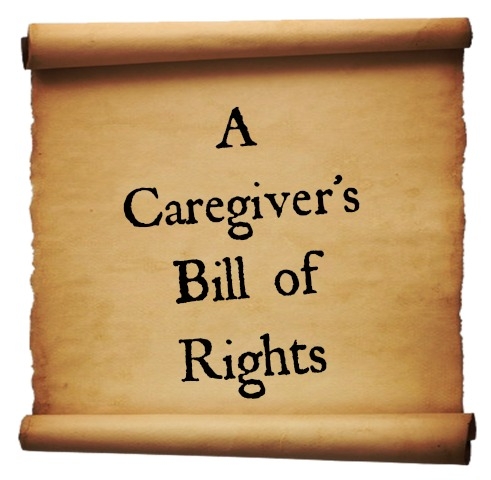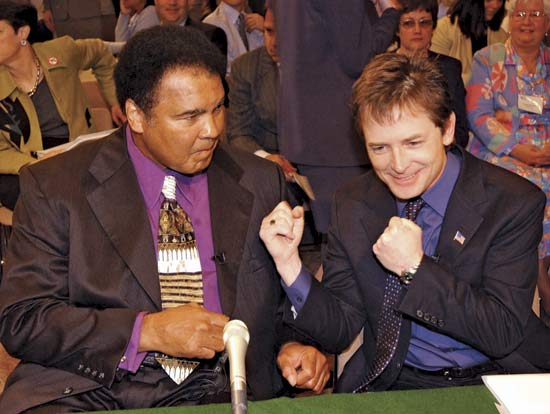The kids walked by her apartment twice a day. She sat by the window every morning watching; remembering and sometimes wishing they might stop by some day. Every afternoon they would parade down the sidewalk again and every once in a while one of them would glance over to the window where she sat and perhaps offer a slight smile or wave. The kids never really thought much about the old woman in apartment 21; they just strolled by.
- Blog
- About Us
- Caregiver Videos
- Alzheimer's
- Ask the Geriatrician
- Assistive Devices
- Caregiver Info
- Cultural Sensitivity
- Dementia
- Dementia Activities
- Depression
- Diabetes
- Elder Abuse
- Elder Care Issues
- En Español
- Fall Prevention
- Grief & Loss
- Heart Issues
- Hearing & Vision
- Hoarding
- Hospice/End of Life
- Living in a
Nursing Home - Medications
- Mental Health
- Nutrition
- Oral Care
- Parkinson's Disease
- Quality of Life
- Senior Health
- Sexuality & Aging
- Spirituality & Aging
- Stress
- Substance Abuse
- Wound Care
- Continuing Ed
- Resources

